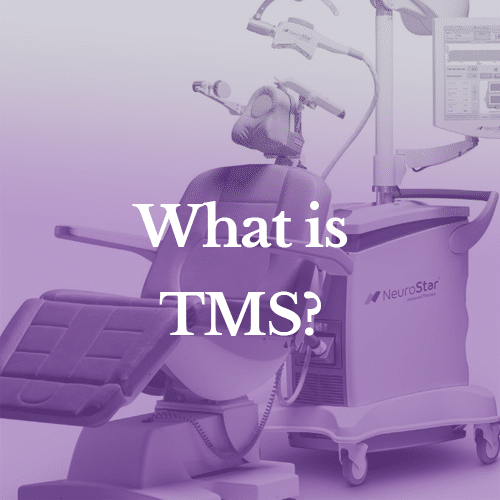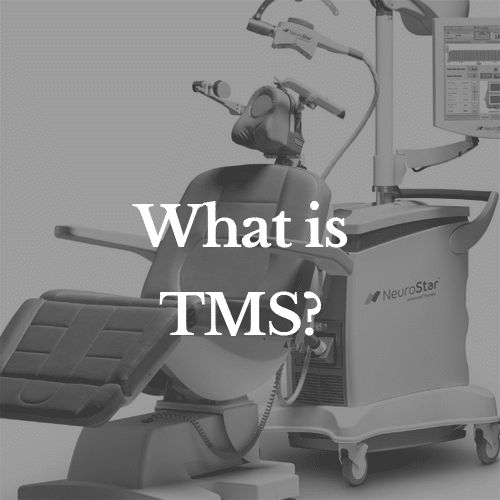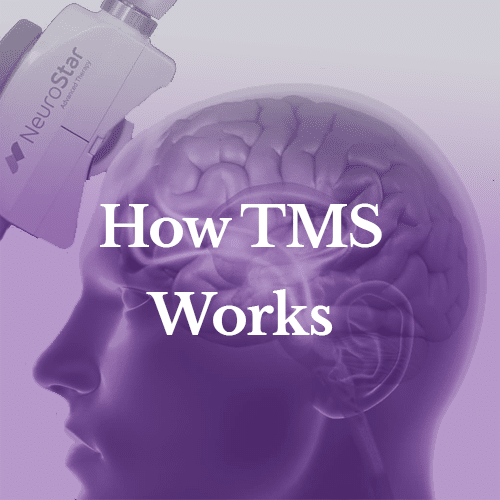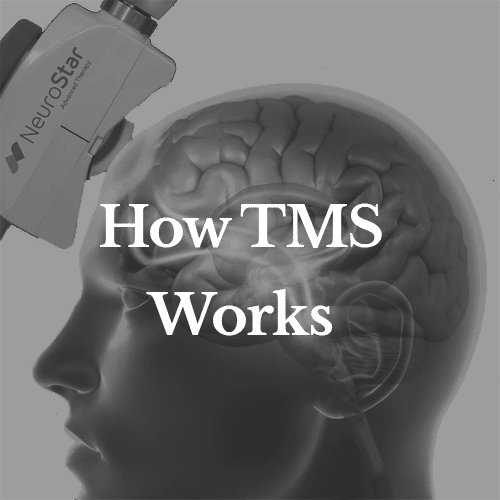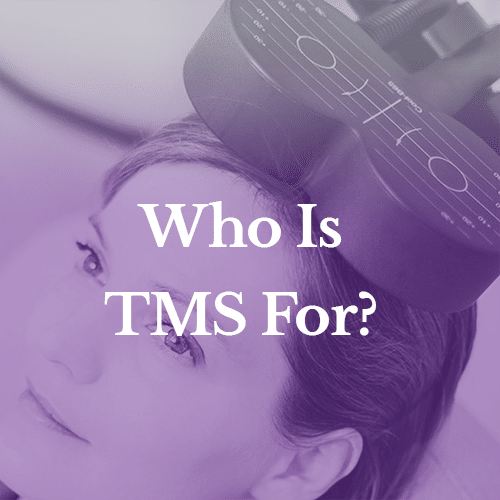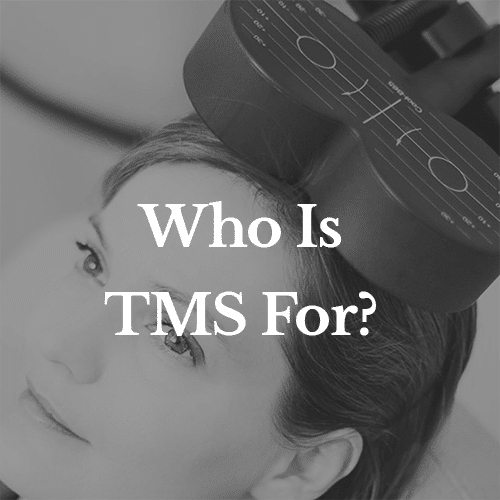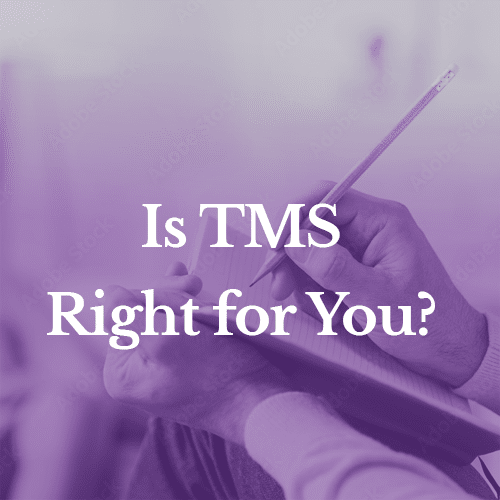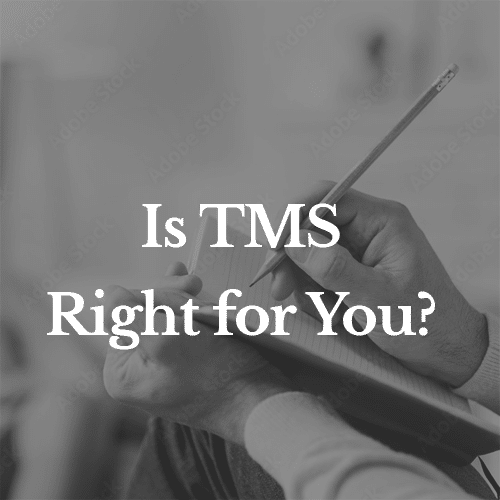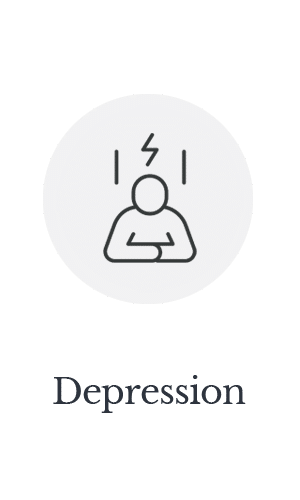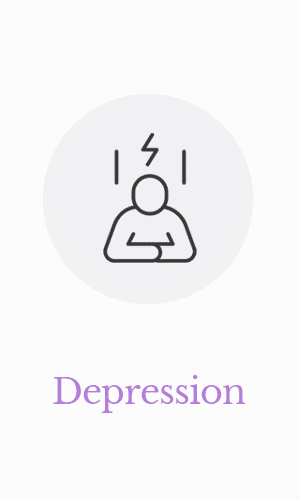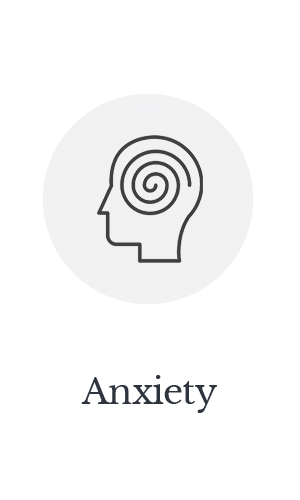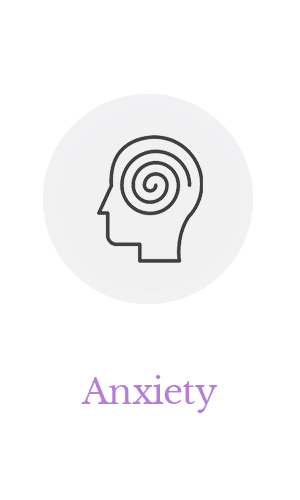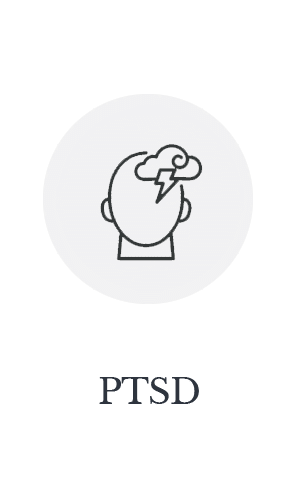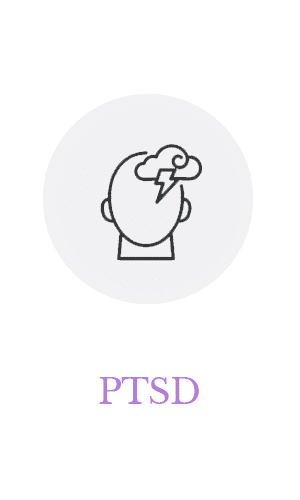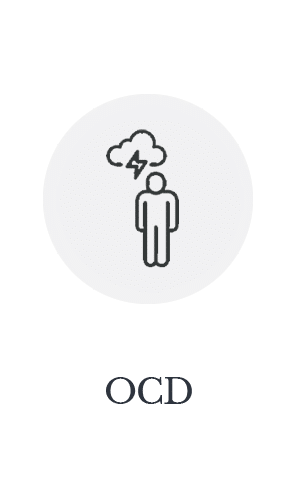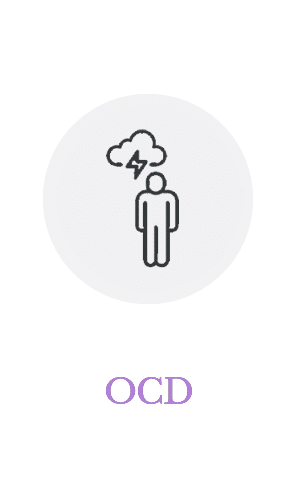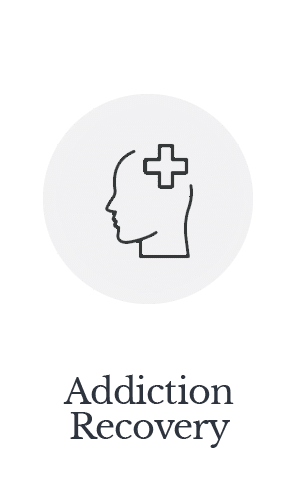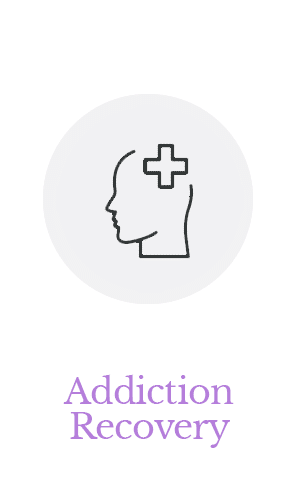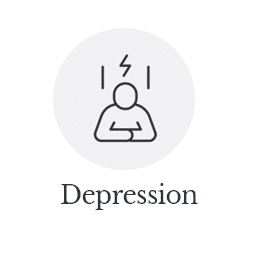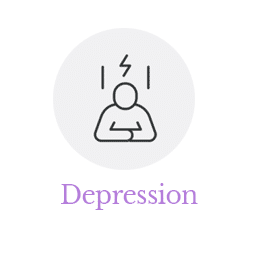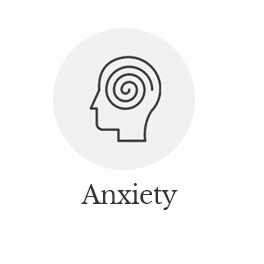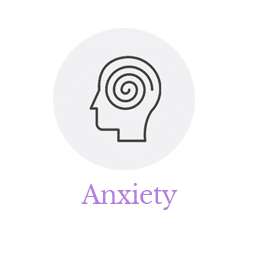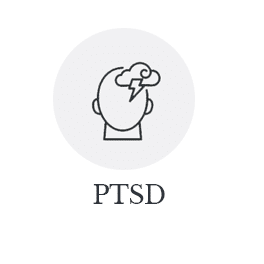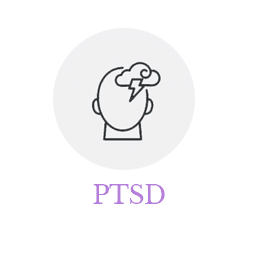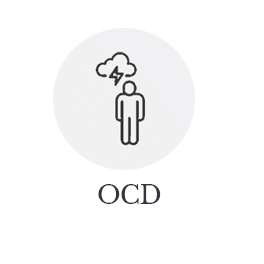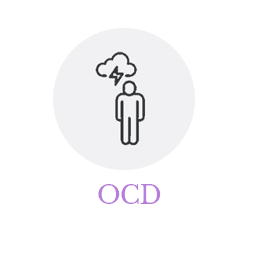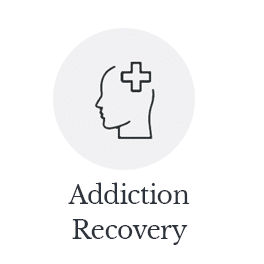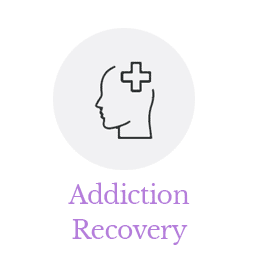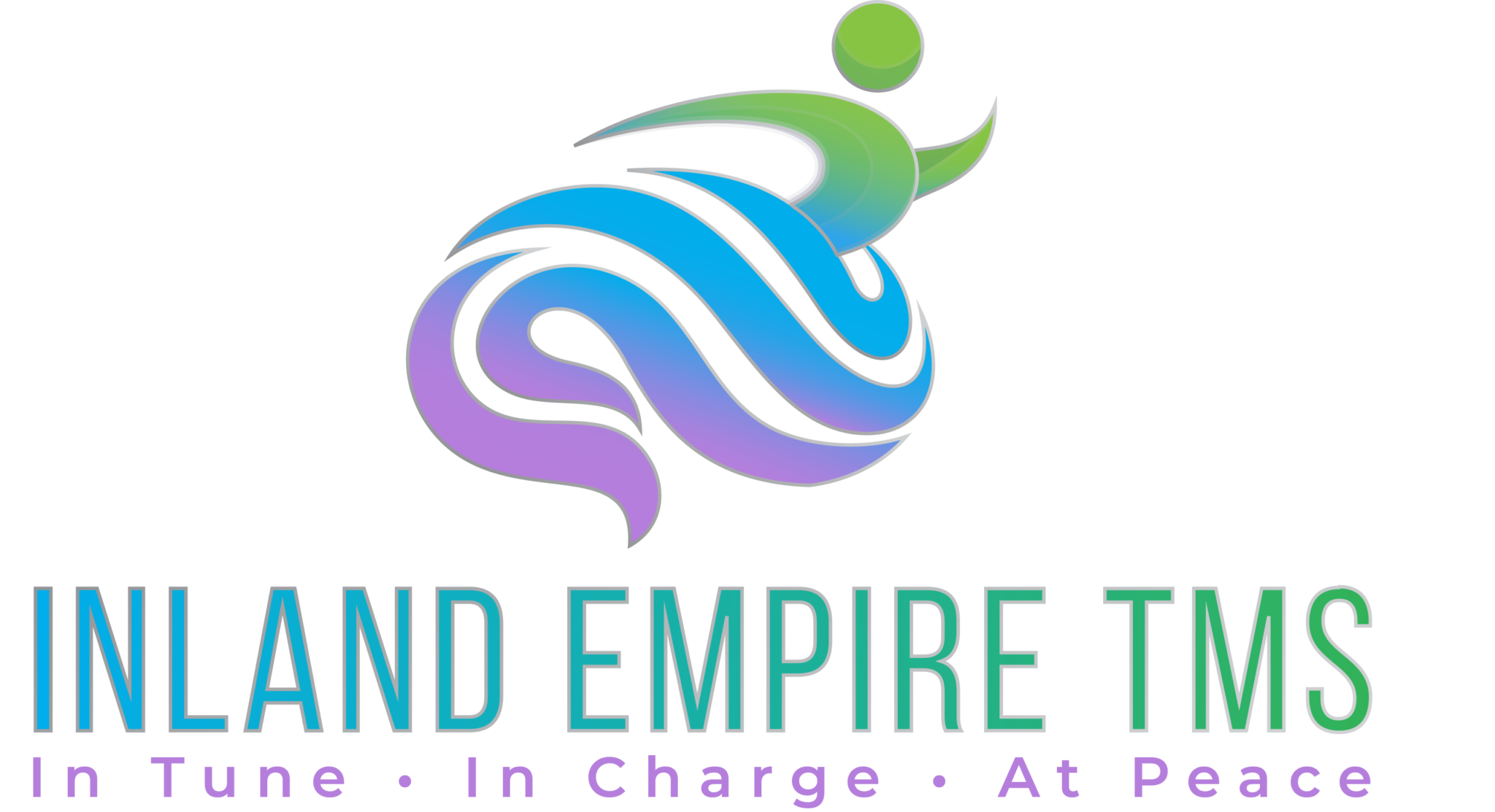
The U.S. Department of Veterans Affairs (VA) has acknowledged: “Many Iraq and Afghanistan Veterans have developed mental and behavioral conditions as a result of their combat experiences or other war-zone stressors.”
These veterans are struggling to re-enter civilian life after their military service has ended. They face mental health challenges that hamper their ability to function in society and impede their overall quality of life. Specific difficulties include communicating and getting along well with others, self-care, and staying mobile.
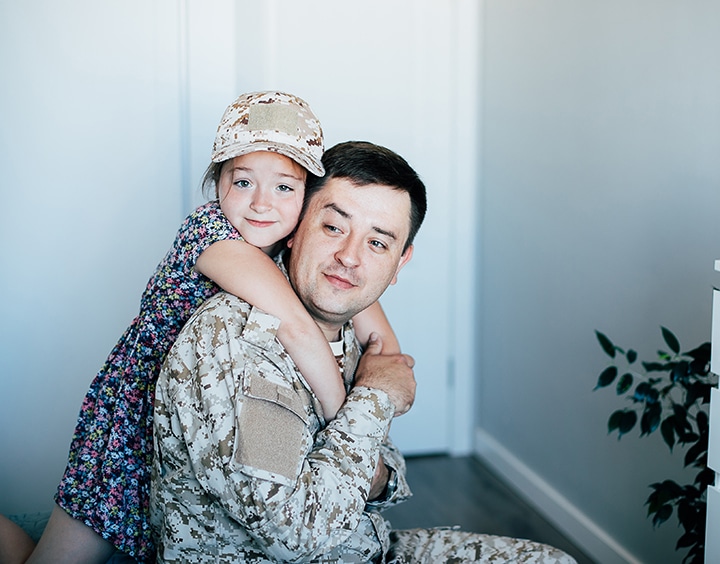
Signs of Depression
If you or a loved one are a military veteran, it is important to keep an eye out for signs of depression and other mental health concerns.
The VA describes depression as:
“[Depressive disorder] may be marked by feelings of intense sadness or hopelessness, and some find that they lose interest or pleasure in activities that they used to enjoy. People with depression can experience feelings of guilt, unworthiness, or low self-esteem, and they may start avoiding being around people.”
- Sleeping and/or eating too much or too little
- Feeling restless and struggling to sit still
- Feeling that moving takes great effort
- Finding it hard to focus, remember things, or make decisions
- Feeling anxious, worried, or nervous
- Sudden increase in the consumption of alcohol, caffeine, tobacco, or medication
Threats to harm oneself or others must be taken seriously. If you hear these threats, immediately call the Veterans Crisis Line at 1-800-273-8255.
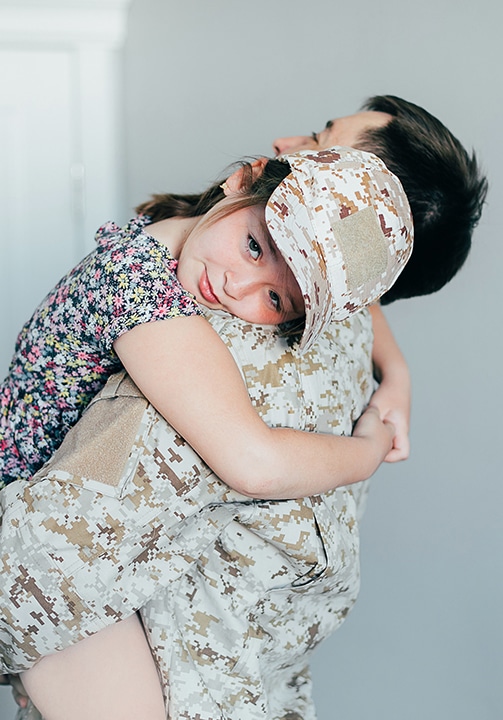
Veterans and Depression
In 2008 and 2015, the VA estimated that 20% of Veterans had symptoms of major depression. With a Veteran population of 20 million, that means there are 4 million depressed Veterans in America today.
Scientists are beginning to see connections between war, traumatic brain injury (TBI), and mental health disorders.
A 2012 study found 7% of Veterans returning from the wars in Iraq and Afghanistan had a traumatic brain injury (TBI). And a 2015 study found 90% of Veterans who suffered a TBI had at least one mental health issue.
Suffering a TBI increased the risk of post-traumatic stress disorder (PTSD) by 300% and depression by 140%. Unfortunately, there is a significant overlap in the symptoms of TBI, PTSD, and depression, which can complicate efforts to treat Veterans.
An estimated 7% of Veterans (1.4 million) are suffering from treatment-resistant depression (TRD) — a severe form of depression where multiple traditional treatments have been ineffective.
The VA and DoD Recommends TMS for Veterans
In 2015, the VA/DoD Management of Major Depressive Disorder Working Group made several recommendations for caring for patients with treatment-resistant depression. For the first time, they added a recommendation for repetitive transcranial magnetic stimulation (rTMS).
“We suggest offering treatment with repetitive transcranial magnetic stimulation (rTMS) for treatment during a major depressive episode in patients with treatment-resistant MDD.”
“Repetitive transcranial magnetic stimulation is a somatic treatment that uses magnetic fields to modulate the activity of certain regions of the brain. This intervention is FDA-indicated for treatment-resistant depression. The research demonstrating its efficacy has dramatically improved since publication of the 2009 MDD CPG”
The VA/DoD report then goes on to summarize five different studies that speak to TMS helping relieve TRD, and ultimately concludes “The benefits of rTMS outweigh the minimal risks and side effects.”
What is Transcranial Magnetic Stimulation (TMS)
Veterans who have been unable to find relief for their depression, or are not coping well with the side effects of traditional antidepressant medications, should consider undergoing Transcranial Magnetic Stimulation (TMS) treatment.
The TMS machine used at Inland Empire TMS uses an electromagnetic coil to send magnetic pulses towards the specific parts of the brain that regulate mood, such as the prefrontal cortex. The magnetic field produced is very similar to that found in a magnetic resonance imaging (MRI) machine.
Magnetic pulses from rTMS are very precise, impacting only the targeted area of the brain, and not affecting non-target areas.
These pulses cause brain cells to invigorate, strengthening the neural pathways that produce neurotransmitters like serotonin and dopamine (your happy chemicals). During treatment, the TMS machine will vary the frequency, duration, and strength of the magnetic pulse, producing different reactions in the brain.
Re-training and re-wiring the brain takes time. TMS therapy is administered for around 40 minutes, 5 days a week, for approximately 6 weeks (a total of 30 sessions). But TMS is worth this investment of time because it just may relieve the Veteran from a lifetime of depressive moods.
The TMS treatment should only be administered by trained, certified technicians. It is non-invasive, painless, and has no significant side effects.
TMS is not to be confused with Electroconvulsive therapy (ECT), which involves passing electricity through your brain to cause mini-seizures. Both TMS and ECT seek to stimulate the brain, but ECT requires a hospital stay, general anesthesia, and has a higher risk of side effects.
Schedule Your TMS Consultation Today
Inland Empire TMS is a Southern California leader in Transcranial Magnetic Stimulation (TMS) treatments. We offer access to the most advanced TMS machines available and have qualified staff who are trained and certified to perform the treatments.
If you are a Veteran suffering from treatment-resistant depression, give us a call at (844) 994-3867 to tell us your story and hear about our options. We are here to support Veterans in need.

